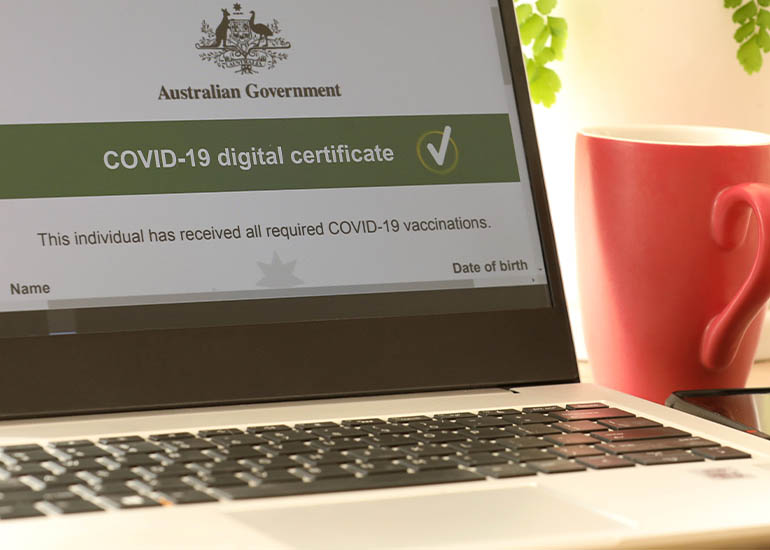Upcoming immigration changes: What employers should know
Australia’s immigration system is getting a makeover, and the changes expected for 2024 are set to be some of the most significant employers and employees have seen in years.

Released by Home Affairs Minister Clare O’Neil in December 2023, the upcoming reforms present a range of new opportunities and considerations for businesses. Here’s a breakdown of what employers should be aware of:
1. Farewell to the 482 Temporary Skill Shortage program
The introduction of the ‘Skills in Demand’ visa in late-2024 will herald fresh avenues for employers and prospective employees. This new visa will offer three distinct streams:
- Specialist Skills Pathway: Designed for high earners (above A$135,000) with expedited processing (7 days), limited to 3,000 spots annually.
- Core Skills Pathway: Targeting applicants earning between A$70,000 – A$135,000, with processing aimed at 21 days.
- Essentials Skills Pathway: Tailored for aged and disability care workers earning under A$70,000, with an anticipated processing time of 21 days.
2. Changes to the Skilling Australia Fund
Expect a shift in the operational mechanics of the Skilling Australia Fund, enabling employers to pay trailing charges on a monthly or quarterly basis, facilitating the sponsorship of new employees.
3. Reduced Visa Duration for Graduate Visas
The duration of post-study graduate visas is slated to decrease, while remaining sufficient for visa holders to gain work experience in Australia.
- Bachelor’s degrees or Masters by coursework graduates will see visa durations reduced to two years.
- Masters by research or PhD graduates will experience reductions to three-year visa durations.
- Students in regional areas may qualify for a second visa ranging from one to two years, contingent on their location.
4. Student Visa Overhaul
Anticipate significant revisions to student visas, including stricter English language prerequisites, enhanced educational quality criteria, and heightened scrutiny on course transitions. These changes aim to deter non-genuine applicants. Additionally, students studying in regional areas may qualify for extended visa eligibility. For employers in metro areas, this means there may be a smaller pool of international students available to work during busy periods.
5. No changes for Working Holiday Visa
Employers engaging working holiday makers can continue with their usual operations, as no changes have been proposed to the WHM program at present. However, long-term considerations regarding the length of stay and the 88-day rule are under review.
Understanding what’s happening will help organisations make smart decisions and seize any new opportunities, so stay tuned for further updates.
To learn more about improving your onboarding and documentation process for visa holders, book a demo with CheckWorkRights today.


